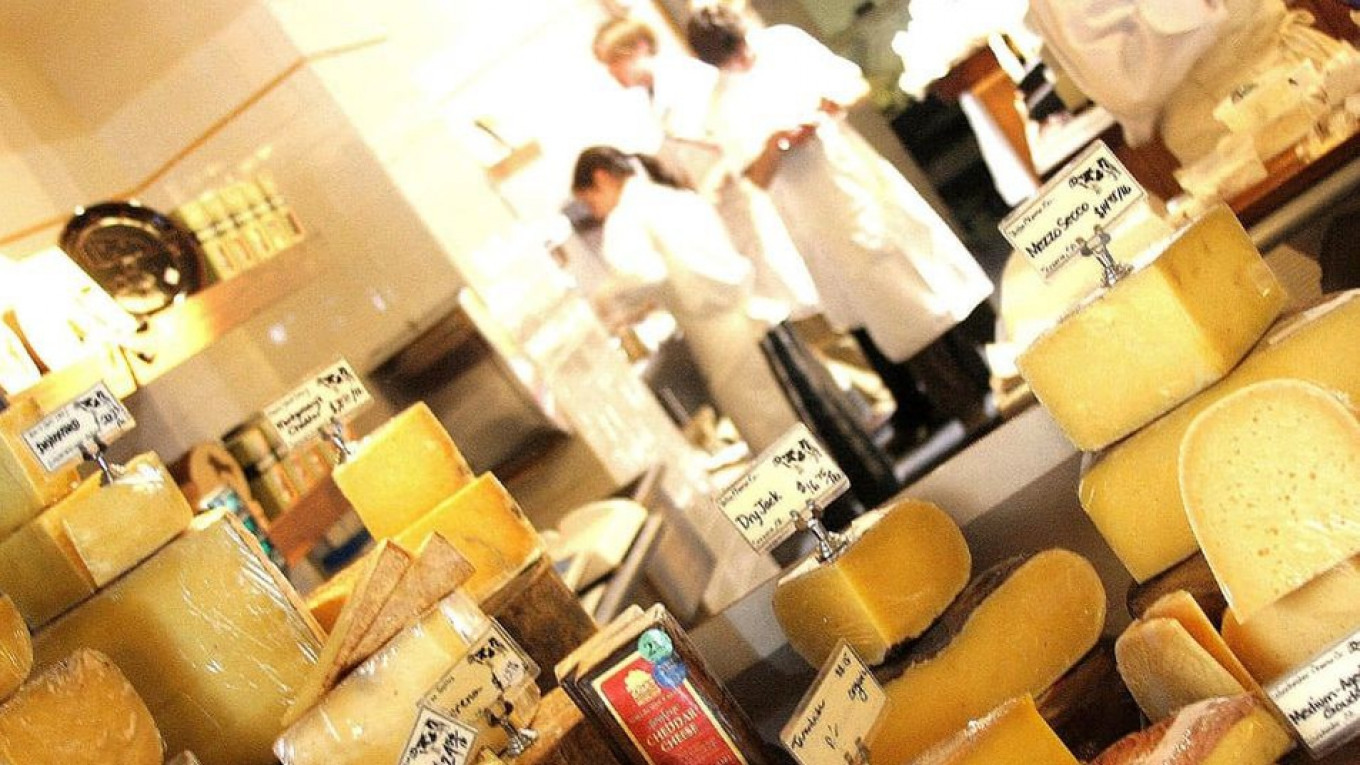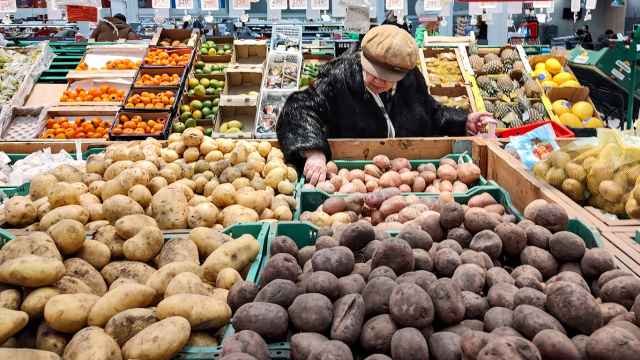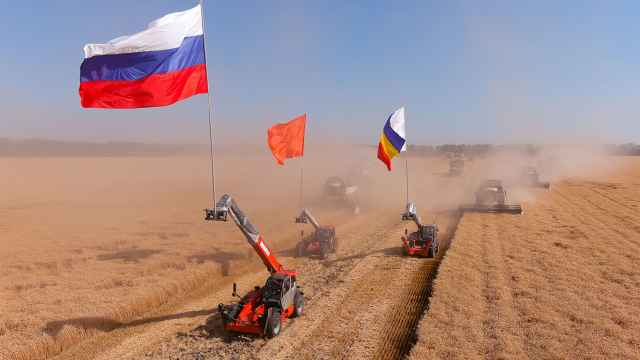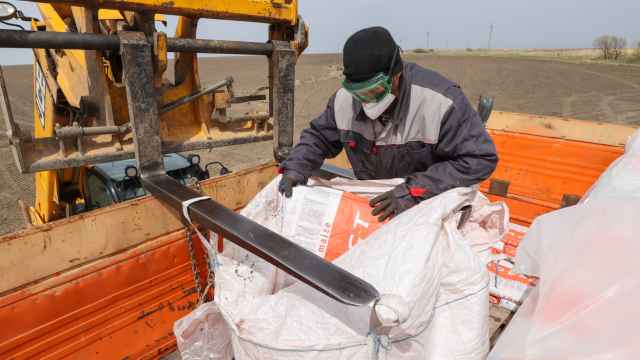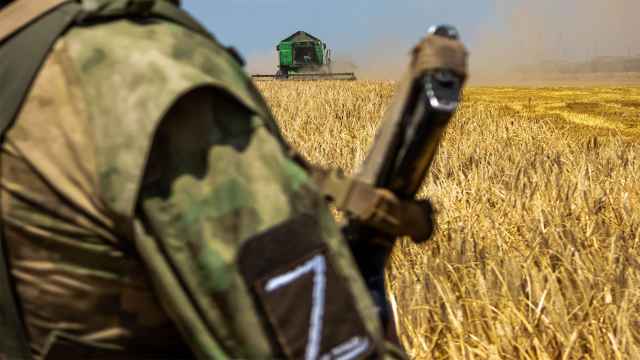More than 26,000 metric tons of food have been destroyed in the three years since the Russian government launched an embargo on imported agricultural products from Western countries in retaliation for sanctions.
The Kremlin ordered the physical destruction of food from the Western countries that levied sanctions against Russia for its 2014 annexation of Crimea. Critics argued the food blacklists amounted to a “war on food” and evoked memories of Soviet-era famines.
Russia’s agricultural watchdog Rosselkhoznadzor said in a press release on Monday that it had destroyed more than 26,000 metric tons of banned food since Aug. 6, 2015.
“Many of the products are fruits, particularly Polish apples, as well as a significant amount of Turkish tomatoes,” the agency said in its release.
Almost 8,000 metric tons of contraband meat, dairy and agricultural products have been seized at the border in 2017 alone, the watchdog said.
Rosselkhoznadzor named Belarus as the chief transit point for banned food, and noted that some sanctioned products reach Russia via Kazakhstan.
A Message from The Moscow Times:
Dear readers,
We are facing unprecedented challenges. Russia's Prosecutor General's Office has designated The Moscow Times as an "undesirable" organization, criminalizing our work and putting our staff at risk of prosecution. This follows our earlier unjust labeling as a "foreign agent."
These actions are direct attempts to silence independent journalism in Russia. The authorities claim our work "discredits the decisions of the Russian leadership." We see things differently: we strive to provide accurate, unbiased reporting on Russia.
We, the journalists of The Moscow Times, refuse to be silenced. But to continue our work, we need your help.
Your support, no matter how small, makes a world of difference. If you can, please support us monthly starting from just $2. It's quick to set up, and every contribution makes a significant impact.
By supporting The Moscow Times, you're defending open, independent journalism in the face of repression. Thank you for standing with us.
Remind me later.


